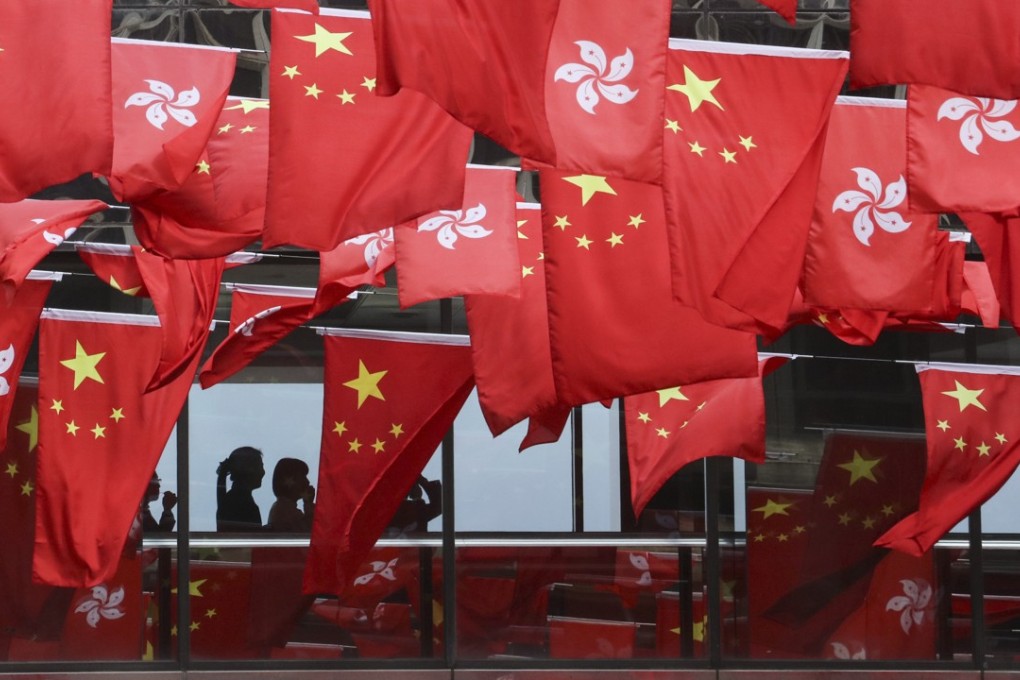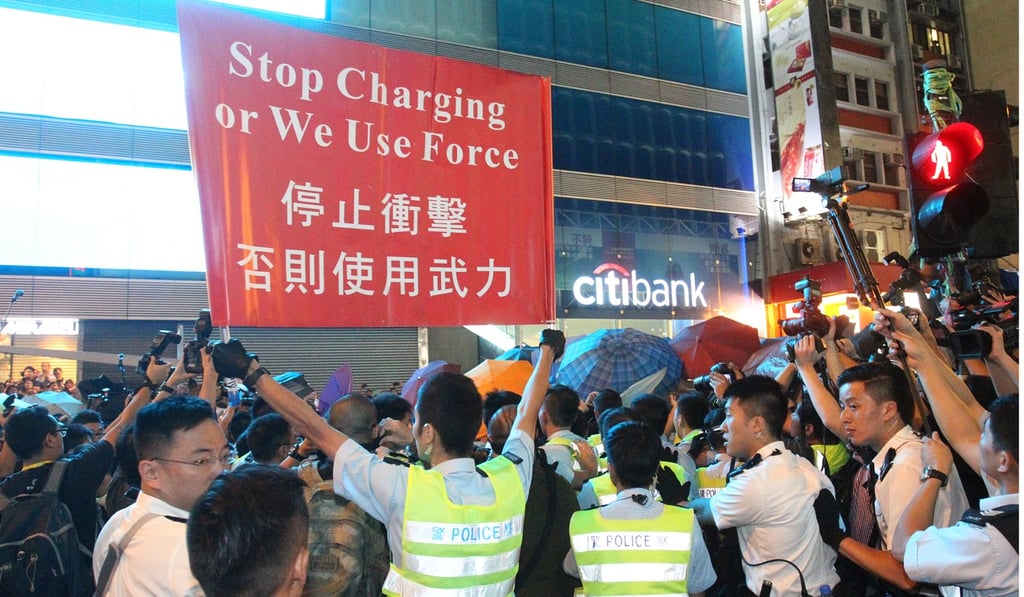Advertisement
How Article 23 security law could help Hong Kong’s pan-democrats win political reform bargain
Sonny Lo says with the central government pushing for national security legislation in Hong Kong, pan-democrats could use a few bargaining chips to spur democratic development, but acceptance of the August 31, 2014 framework is non-negotiable
Reading Time:3 minutes
Why you can trust SCMP

Central government officials for Hong Kong matters have been emphasising that the “one country” principle is superior to “two systems”, but their push to legislate on Article 23 could open a new door for bargaining with Hong Kong pan-democrats in 2019-2020.
But such bargaining is likely only under certain conditions. First, legislation on Article 23 of the Basic Law may be divided into at least three stages, to tackle the three main issues of national security, state secrets, and links with foreign organisations, lasting until the next Legislative Council election in 2021 and the chief executive election in 2022. The longer the process, the more room for bargaining with the Beijing side over political reform.
Second, the pan-democrats would have to adopt a far more pragmatic position than in 2014, when Occupy Central was launched. In 2015, moderate democrats were driven by their radical peers to a more hardline position than in 2010, when the Democratic Party negotiated with the central government’s liaison office on the scope of legislative reforms. If the pan-democrats remain fragmented, radicalised and leaderless, political bargaining to 2020 would be difficult.
Which way forward for Article 23 national security law?
Third, the Hong Kong government would have to play the role of an intermediary. While Donald Tsang Yam-kuen’s administration in 2010 did play such a role, intermediary agents were lacking in the dispute over the political reform model in 2015. The quest for intermediary agents would be a critical factor.
Advertisement
Fourth, all stakeholders must engage in political learning from a self-critical perspective. The pan-democrats may ponder whether to avoid mass political action like Occupy as a goodwill gesture, so that the central government is not forced into a more hardline stance on national security concerns. The confrontational Occupy tactic was far less effective than the 2010 move to force by-elections in five constituencies, and use the ballots to express public demand for political reform.
How Hong Kong can have democracy under ‘one country, two systems’

‘Pass national security law and Beijing will be more confident granting Hong Kong democracy’
Fifth, a detailed blueprint for bargaining at various stages should be drawn up by all stakeholders, including pan-democrats, the Hong Kong government, central government officials and also the local pro-establishment and pro-business elites. If the Article 23 legislation could be tackled in three stages, then the content of political reform would also have to be divided into three main segments, for a realistic bargaining process.
Advertisement
Select Voice
Select Speed
1.00x